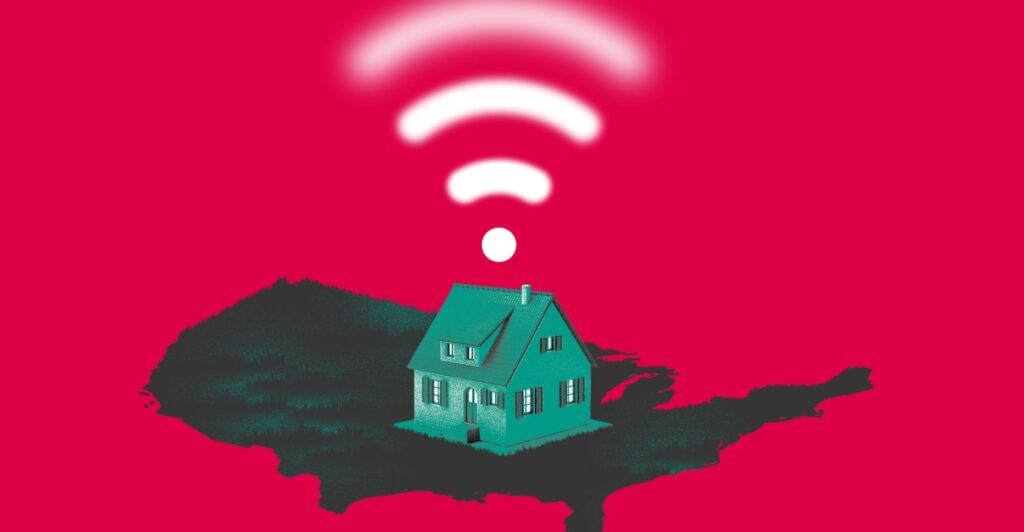The Supreme Courtroom dominated that the funding mechanism behind a key broadband subsidy program for faculties and underserved areas can proceed working. In a call issued on Friday, the Supreme Courtroom rejected claims that Congress and the FCC’s implementation of the fund is unconstitutional.
This system, often called the Common Service Fund (USF), helps subsidize telecommunications providers for low-income shoppers, rural well being care suppliers, and faculties and libraries. It’s administered by the Common Service Administrative Firm (USAC), a nonprofit the Federal Communications Fee (FCC) named to run this system. However conservative advocacy group Customers’ Analysis, which inspires shoppers to “report woke” on its web site, sued to upend that construction, charging that the best way Congress and the FCC had delegated energy over this system’s funding was unconstitutional. The Fifth Circuit Courtroom of Appeals dominated in favor of Customers’ Analysis, and the Supreme Courtroom took up the case when the FCC petitioned the court docket to assessment it.
Due to what it believes is an unconstitutional construction to fund the USF, Customers’ Analysis argued in its transient to the court docket, “In essence, a non-public firm is taxing People in quantities that complete billions of {dollars} yearly, beneath penalty of legislation, with out true governmental accountability.” However USAC isn’t working wild with public funds, the US argued. US Performing Solicitor Basic Sarah Harris instructed the justices the legislation “leaves key coverage selections to Congress and is particular and exact sufficient for courts to inform if FCC adopted Congress’s limits when filling in particulars,” in keeping with SCOTUSblog.
The Supreme Courtroom agreed with this argument. Justice Elena Kagan wrote that Congress “sufficiently guided and constrained the discretion that it lodged with the FCC to implement the universal-service contribution scheme,” including that the FCC “retained all decision-making authority inside that sphere.” Kagan concludes, “Nothing in these preparations, both individually or collectively, violates the Structure.”
NCTA – The Rural Broadband Affiliation, says the USF is vital to offering entry to trendy communications in rural areas and for low-income households. “With out USF assist, it’s troublesome to make a enterprise case to spend money on many rural areas, to maintain networks as soon as they’re constructed, or to maintain service charges reasonably priced,” it says on its web site.
{content material}
Supply: {feed_title}

